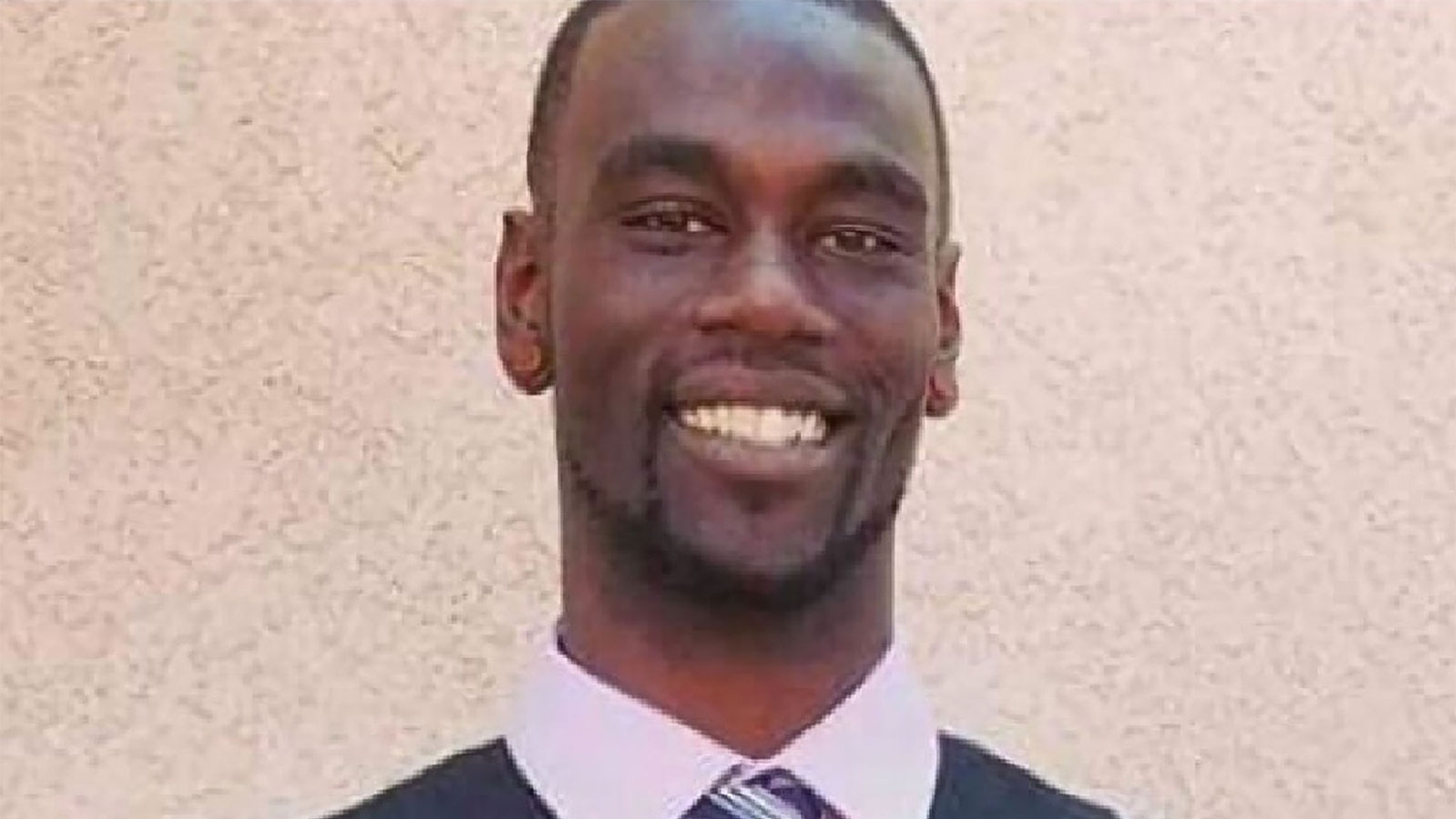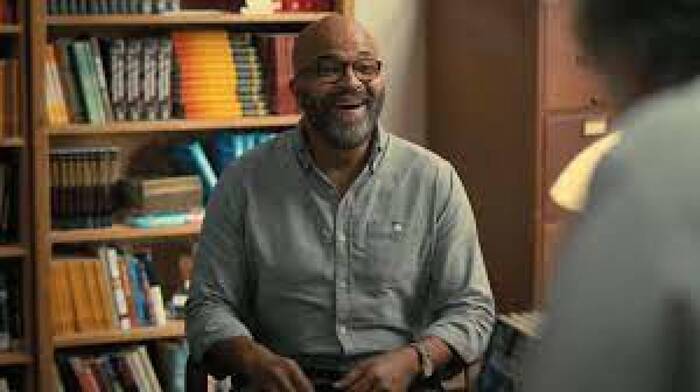Tire Nichols death: Lawyers for ex-agents react to video post 2:56
Editor's Note:
Van Jones is a CNN anchor, political commentator, and founder of Dream.org, a national nonprofit organization dedicated to criminal justice reform.
The opinions expressed in this article belong solely to its author.
(CNN) --
Three decades ago, when four white Los Angeles police officers were recorded beating Rodney King, public outcry spanned the globe.
In fact, the first time in my life I was arrested was during the protests that followed.
And then I spent my career as a lawyer helping sue corrupt cops, closing prisons, and reforming the criminal justice system.
It was a defining moment for the nation and for the world.
What happened to King was horrible, but at least he survived the ordeal.
Tire Nichols, tragically, no: the 29-year-old black man died earlier this month following a police traffic stop and violent arrest in Memphis, Tennessee.
According to preliminary results of an autopsy commissioned by Nichols' family lawyers, Nichols suffered "extensive bleeding caused by a severe beating."
On Friday, Nichols' mother, RowVaughn Wells, told CNN: "It's still like a nightmare."
This is how relatives and officials who have seen the video of the arrest of Tire Nichols respond
Since the news of Nichols' death broke, the world has been collectively holding its breath in anticipation of the release of the video recording the violent attack, and the possibility of a new wave of protests spreading through the streets of the whole country.
The video is expected to be made public this Friday night.
Five former Memphis police officers, fired for their alleged actions during Nichols' arrest, have been charged with unlawful imprisonment and manslaughter.
On Friday, Memphis Police Chief Cerelyn "CJ" Davis told CNN: "I was on the force during the Rodney King incident, and it's very much aligned with that same type of behavior. I would say it's about the same, if not worse."
On Thursday, Tennessee Bureau of Investigation Director David Rausch described being "disgusted by what he saw."
By all indications, Nichols was a nice guy: a 150-pound skateboarder, an Instagram photographer, a Starbucks aficionado.
Learning that his son's life was senselessly stolen from him is every black parent's nightmare.
But surprisingly to many, the five officers accused of beating him so viciously were also black.
How do you explain the horrific murder of Nichols, allegedly at the hands of police officers who looked just like him?
From the beating of King to the murder of George Floyd nearly three years ago, American society has frequently focused on the race of officers, most often white, as a factor in their deplorable acts of violence.
But the “white cop kills unarmed black man” narrative should never have been the only lens through which we tried to understand police misconduct and abuse.
It's time to move on to a more nuanced discussion about how police violence endangers Black lives.
Blacks are not immune to anti-black messages
One of the sadnesses of anti-black racism is that blacks themselves are not immune to its deleterious effects.
Society's message that blacks are inferior, unworthy, and dangerous is pervasive.
Over many decades, numerous experiments have shown that these ideas can infiltrate the minds of both blacks and whites.
Self hate is real.
This is why the owner of a black store may look askance at customers of the same race, while treating his white customers with deference.
Blacks can harbor anti-black feelings and act on them in harmful ways.
Black police officers often socialize in police departments that view certain neighborhoods as war zones.
In those departments, few officers are disciplined for "street justice" in certain districts, often populated by blacks, browns, or people with low incomes, where there is a tacit understanding that the "rules" simply don't apply.
Police officers of all colors, including black officers, internalize these messages and sometimes put them into practice.
In fact, in black neighborhoods, the phenomenon of brutal black police officers targeting black youth for abuse is nothing new.
As early as 1989, the rap group NWA highlighted the problem in a classic hip-hop anthem, in which Ice Cube rapped:
“But don't let it be a Black and White (cop)/
Coz they'll slam ya/
Down to the street top/
Black police showing out for the White cop”.
(But don't be a black and white (cop)/ because they will beat you up/ leave you in the street/ the black police represent the white police)
When it comes to police violence, race does matter, just possibly not in the way you think.
Ultimately, it is the race of the brutalized victim and not the race of the violent police officer that is most relevant in determining whether racial bias is a factor in police violence.
It's hard to imagine five police officers of any color beating a white person to death under similar circumstances.
And it's almost impossible to imagine five black police officers inflicting a white detainee the beating Nichols allegedly received.
Closer supervision is necessary, regardless of the race of the officers.
In short, racial antipathy can still be a factor, even when the perpetrators are all black.
And this is especially true if these actions are part of a larger pattern and practice within the Memphis Police Department.
Tire Nichols' mother says ex-Memphis police officers "embarrassed" their families and the black community
It's a sad fact, but as old as time itself: people often oppress those who look like them.
The vast majority of human rights abuses are committed by people who look exactly like the people they abuse.
Wells, who has not seen video of her son's beating, tearfully told CNN that she feels sorry for the officers: "They have put their own families in danger. They have shamed their own families. They have shamed the community. black... I feel very sorry for them, because they didn't have to do this".
As for the race of the officers, Wells also told CNN that violence like what happened to his son has to do with how some bad cops use their power over black and brown victims.
The key to reducing the incidence of police violence is stricter supervision and more rapid punishment.
I'm glad the offending officers were quickly fired and charged.
We need more of that, and not just when the cops are black.
Civil rights advocates once advocated for greater racial integration in police departments, hoping that more black police officers would reduce police brutality.
But while racial integration is important for equity and basic opportunity, it is not a panacea for police abuse.
Any system needs to establish proper checks and balances.
Without meat inspectors, there would be a lot more food poisoning.
Without building inspectors, there would be many more buildings collapsing.
And the police need just as much, if not more, rigorous internal oversight that weeds out bad cops and holds the entire police department to the highest standards of conduct.
Unless there is real oversight, with real consequences for misbehavior, bad actors will take advantage, lower practical standards for everyone, and put us all in danger.
And without aggressive supervision and prompt punishment, we will continue to see acts of police violence against black men, by police officers of all colors, that will turn our stomachs.
Tyre Nichols





/cloudfront-eu-central-1.images.arcpublishing.com/prisa/OQOPOGVRBZFGBI4Y35NYO4PIQA.jpg)

